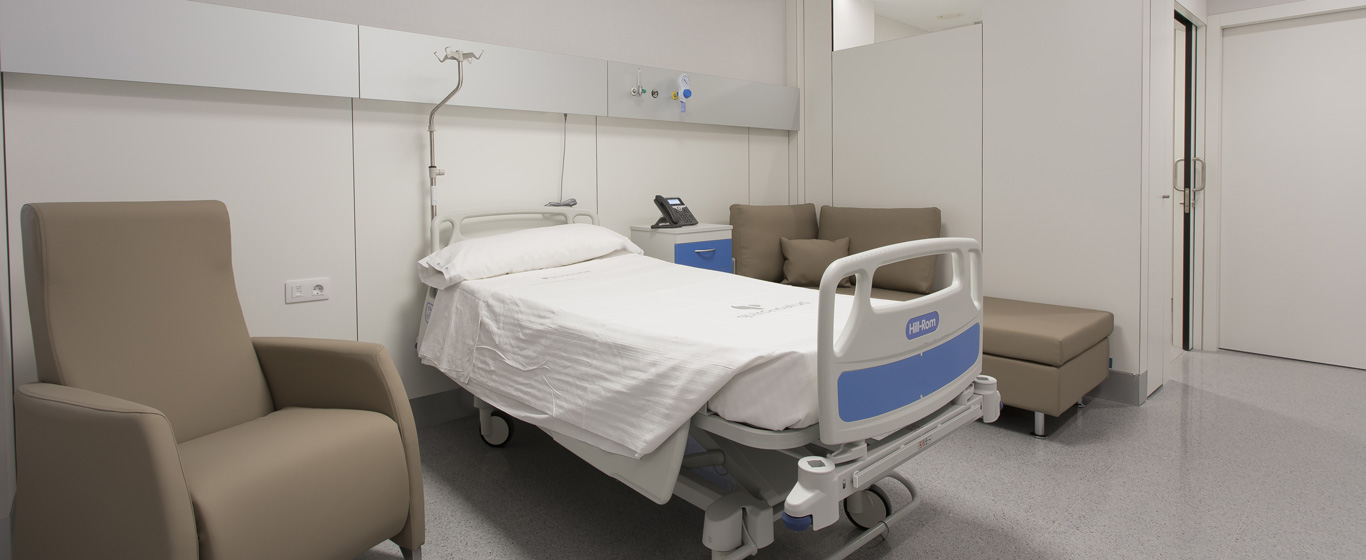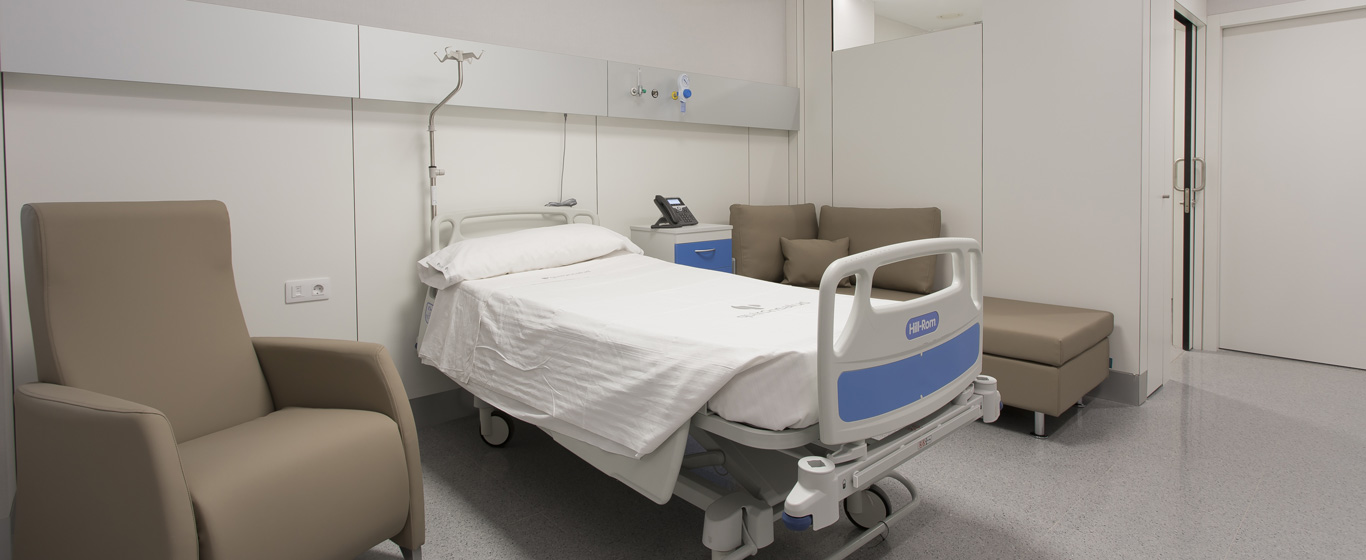Renal Scan
A renal scan is a technique that provides information about kidney function and structure. This diagnostic test from nuclear medicine uses a low dose of radiation to capture images from different angles with a special camera.

General Description
A renal scan is a nuclear medicine test that examines the morphology and function of the kidneys and urinary tract. During this procedure, a small amount of a radioactive marker (betaiodide, technetium pentetate, succimer and technetium, sodium iodohippurate, chromium edetate) is used. Depending on how much the tissues absorb it, how long it takes to travel through the kidneys, or the areas it cannot reach, it helps diagnose various pathologies.
Two different studies can be conducted or both at the same time, depending on the aspects to be analyzed:
- Dynamic Renal Scan: Provides information about kidney function and the urinary system's evacuation capacity. In these cases, the flow of the radioisotope through the kidneys, ureters, and urethra is observed. Renal perfusion scans analyze the function of the veins supplying the kidneys and detect possible ischemias.
- Static Renal Scan: Provides clear images of the kidney structure, making it possible to detect tumors or infections.
Cells with higher activity, such as cancer cells, absorb more radiation, so they appear more clearly in the images. Meanwhile, areas with less uptake may indicate narrowing of blood vessels or urinary tract blockages.
When is it indicated?
A renal scan has many uses, including:
- Detecting obstructions and kidney stones.
- Checking blood flow through the kidneys to identify possible narrowing in blood vessels.
- Monitoring kidney transplant progress, assessing function, and looking for signs of rejection.
- Evaluating damage caused by infection or kidney injury.
- Identifying kidney tumors.
How is it performed?
The renal scan begins with the intravenous administration of the radiopharmaceutical, usually in one of the veins in the arm.
After waiting a few minutes for the drug to reach all renal cells, the patient lies on a stretcher that moves into the tubular device that captures the images (gamma camera). During the approximately half-hour procedure, the patient must remain as still as possible to ensure the images are not blurred.
Risks
The renal scan does not pose a health risk. Rarely, an allergic reaction to the radiopharmaceutical may occur, typically consisting of mild itching and redness at the site of the injection.
It is preferable for pregnant women to seek an alternative test, as the dose safe for adults could be harmful to the fetus. Nursing mothers should discard the milk produced during the 48 hours after receiving the radioactive marker.
What to expect from a renal scan
The renal scan is an outpatient procedure, and normal activities can be resumed afterward without the need for rest.
Upon arrival at the medical center, the patient must sign an informed consent form. Then, a gown is provided for the patient to wear throughout the process.
Although the renal scan is not painful, there may be some discomfort when the IV is placed to administer the radiopharmaceutical. Additionally, some patients experience a growing feeling of warmth or cold when the substance begins to flow through the veins.
Some individuals find it uncomfortable to stay still while the gamma camera captures the images. It’s advisable to make an effort to avoid unnecessary delays or repetitions of the test.
Results are explained during a consultation several days after the procedure.
Specialties requesting a renal scan
The specialties of nephrology, urology, and oncology are the ones that most commonly use this test, which is performed by nuclear medicine doctors.
How to prepare
No special preparation is needed for a renal scan.
The doctor must be informed of the patient's medication to decide if it is necessary to stop treatment before the test. The test may be delayed for patients who have had a barium contrast test or taken bismuth medication, as they can alter the results of the renal scan.
It is recommended to wear comfortable clothing and avoid jewelry or metallic items for the appointment.
On the day of the test, it is helpful to drink plenty of fluids to expel the radioactive material as soon as possible.










































































































